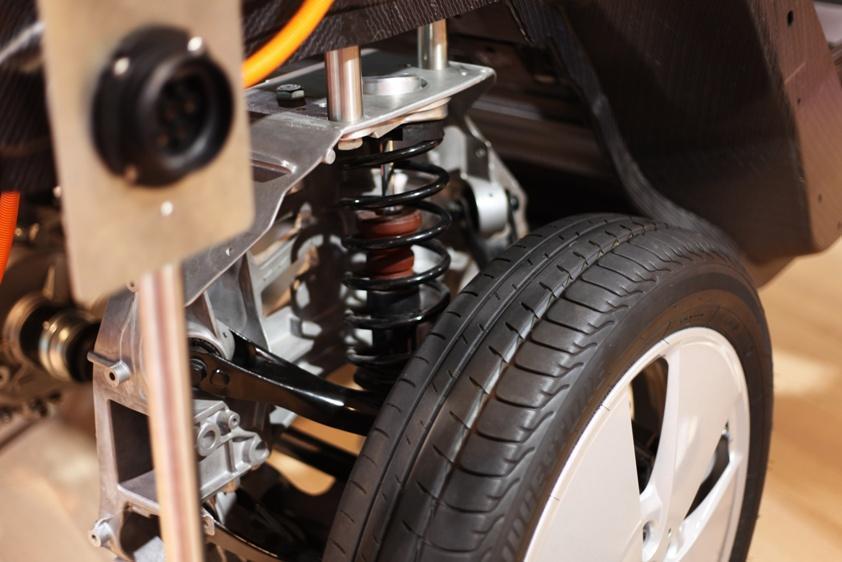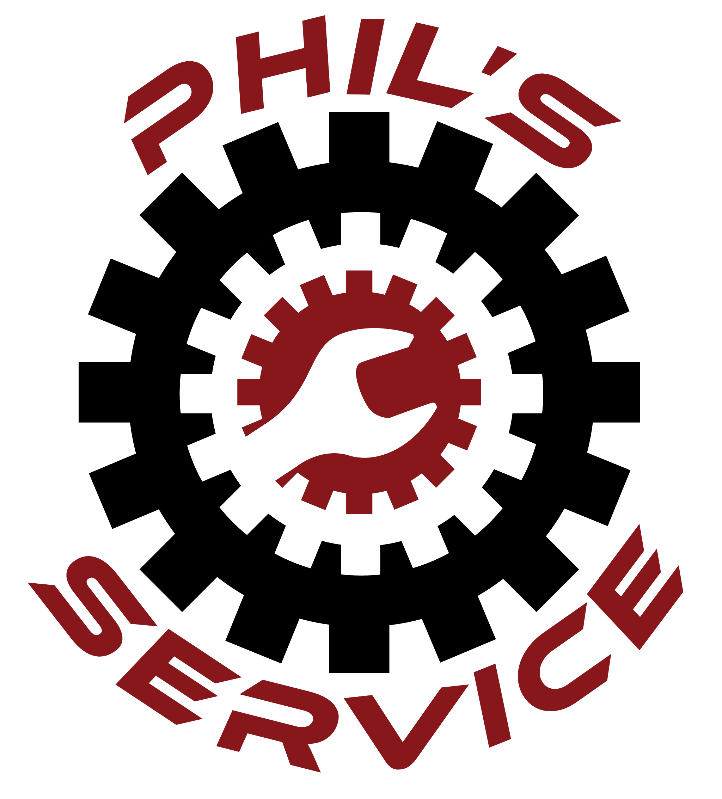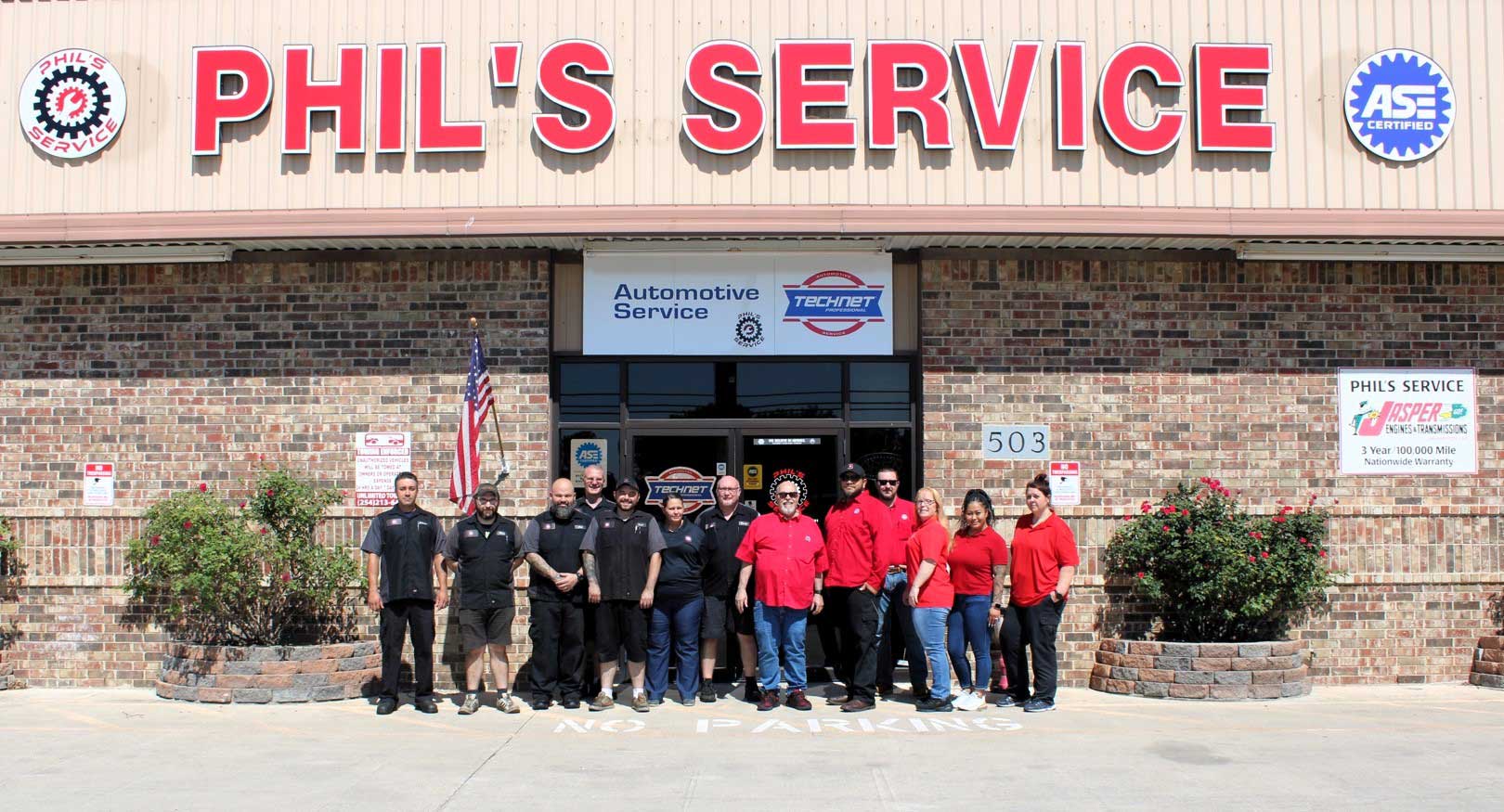What are the Symptoms of a Bad CV Axle?
Did you know that the performance of your vehicle's wheel system is basically dependent on the condition of the CV (constant velocity) joints and axles? These components help steer, drive, brake, and send power from the engine to the wheels. They carry the whole weight of the vehicle, plus passengers and cargo. These joints can generally last up to 100,000 miles. However, because CV axles are constantly rotating and flexing to accommodate the condition of the road, they can wear out and fail, resulting in a costly CV joint repair.
You may be wondering just what are CV axles? The CV axle consists of a shaft with an inner and outer CV joint. The CV joints are protected with rubber boots and use special grease for lubrication. The flexible CV joints allow for a smooth power transfer due to their ability to move up and down with the suspension or side to side when turning your front wheels. CV axles can last a long time but will eventually wear out. If CV joints fail, the effect is immediate and sometimes dangerous, since power will no longer transfer from the engine to the tires. Get your car off the road as safely as possible and then call a tow truck.
Preventing a costly cv joint repair is possible by knowing what to listen for and where to look:
- Clicking sound when turning: This is the most common symptom of a bad CV axle and is most often heard during sharp turns at lower speeds.
- Clunking sound on acceleration or deceleration: When the inner CV joint begins to fail, you may experience a clunking sound when accelerating or quickly letting off the accelerator.
- Grease on the inside of your tire: Because both joints are protected with a rubber boot that contains grease, any tear or crack in the boot can result in grease leaking out. You could see grease on the inside of the tire, steering and suspension components, and on the ground.
- Vibration while driving: If the shaft of the CV axle is bent, you may begin to experience a vibration while driving. This vibration will become more pronounced as your speed increases.
Wondering what are the symptoms of a bad CV axle? Contact our ASE Certified technicians at Phil’s Service today for more information about CV joint repair and to schedule an appointment. Our auto shop proudly serves residents in the community of Killeen, TX, and the surrounding area.
Do you know what are the symptoms of a bad CV axle? If you’re experiencing axle problems, call your mechanic at Phil’s Service to schedule a cv joint repair.
Did you know that the performance of your vehicle's wheel system is basically dependent on the condition of the CV (constant velocity) joints and axles? These components help steer, drive, brake, and send power from the engine to the wheels. They carry the whole weight of the vehicle, plus passengers and cargo. These joints can generally last up to 100,000 miles. However, because CV axles are constantly rotating and flexing to accommodate the condition of the road, they can wear out and fail, resulting in a costly CV joint repair.
You may be wondering just what are CV axles? The CV axle consists of a shaft with an inner and outer CV joint. The CV joints are protected with rubber boots and use special grease for lubrication. The flexible CV joints allow for a smooth power transfer due to their ability to move up and down with the suspension or side to side when turning your front wheels. CV axles can last a long time but will eventually wear out. If CV joints fail, the effect is immediate and sometimes dangerous, since power will no longer transfer from the engine to the tires. Get your car off the road as safely as possible and then call a tow truck.
Preventing a costly cv joint repair is possible by knowing what to listen for and where to look:
- Clicking sound when turning: This is the most common symptom of a bad CV axle and is most often heard during sharp turns at lower speeds.
- Clunking sound on acceleration or deceleration: When the inner CV joint begins to fail, you may experience a clunking sound when accelerating or quickly letting off the accelerator.
- Grease on the inside of your tire: Because both joints are protected with a rubber boot that contains grease, any tear or crack in the boot can result in grease leaking out. You could see grease on the inside of the tire, steering and suspension components, and on the ground.
- Vibration while driving: If the shaft of the CV axle is bent, you may begin to experience a vibration while driving. This vibration will become more pronounced as your speed increases.
Wondering what are the symptoms of a bad CV axle? Contact our ASE Certified technicians at Phil’s Service today for more information about CV joint repair and to schedule an appointment. Our auto shop proudly serves residents in the community of Killeen, TX, and the surrounding area.


